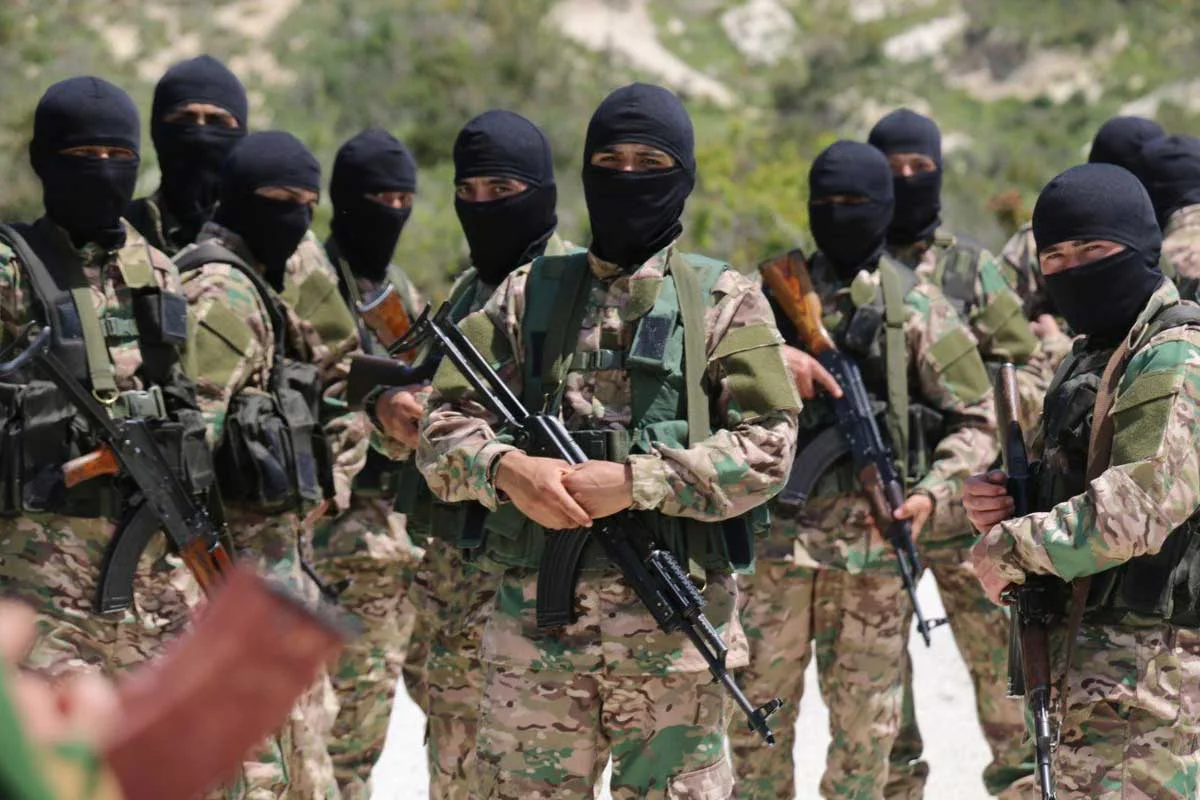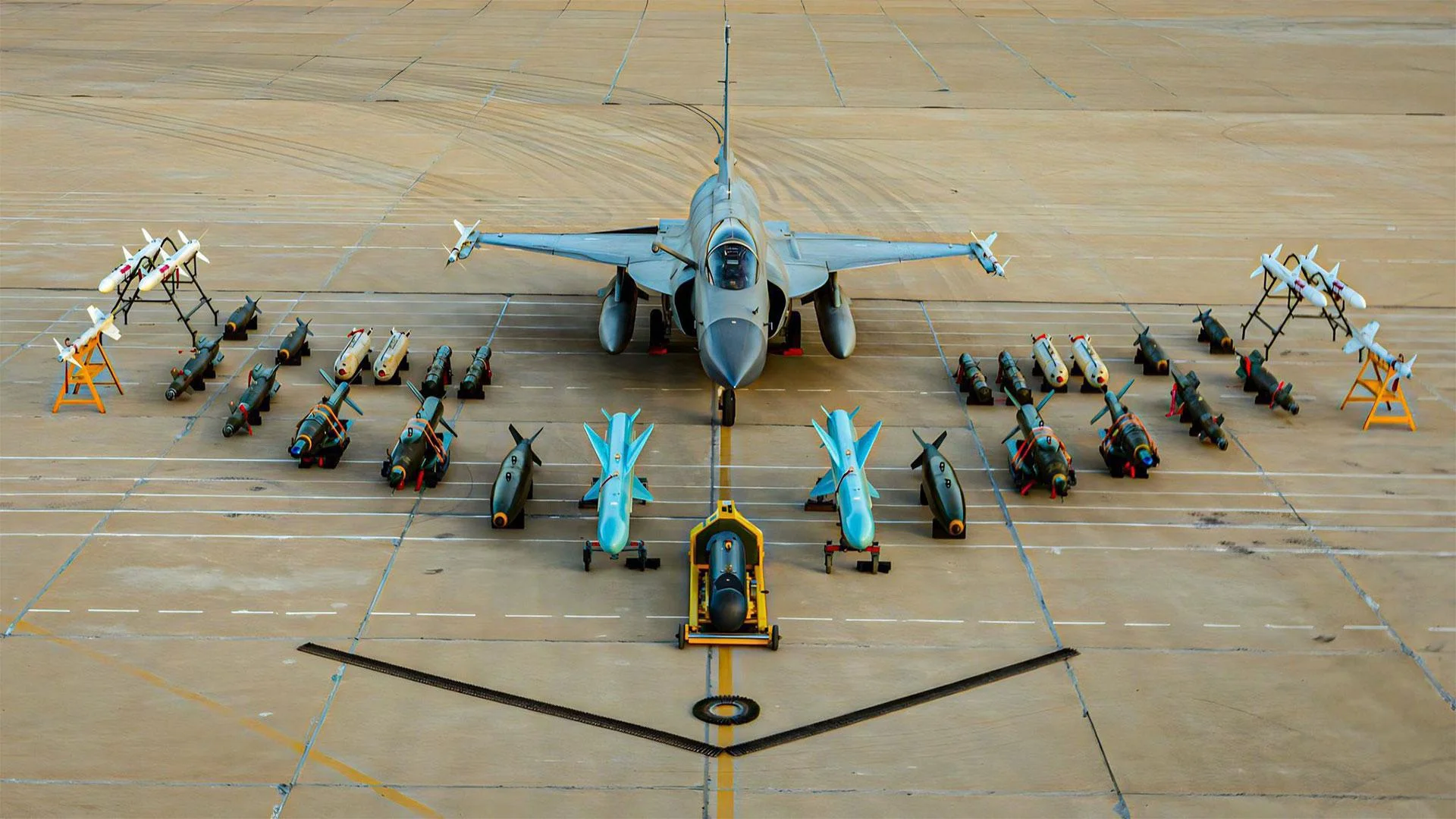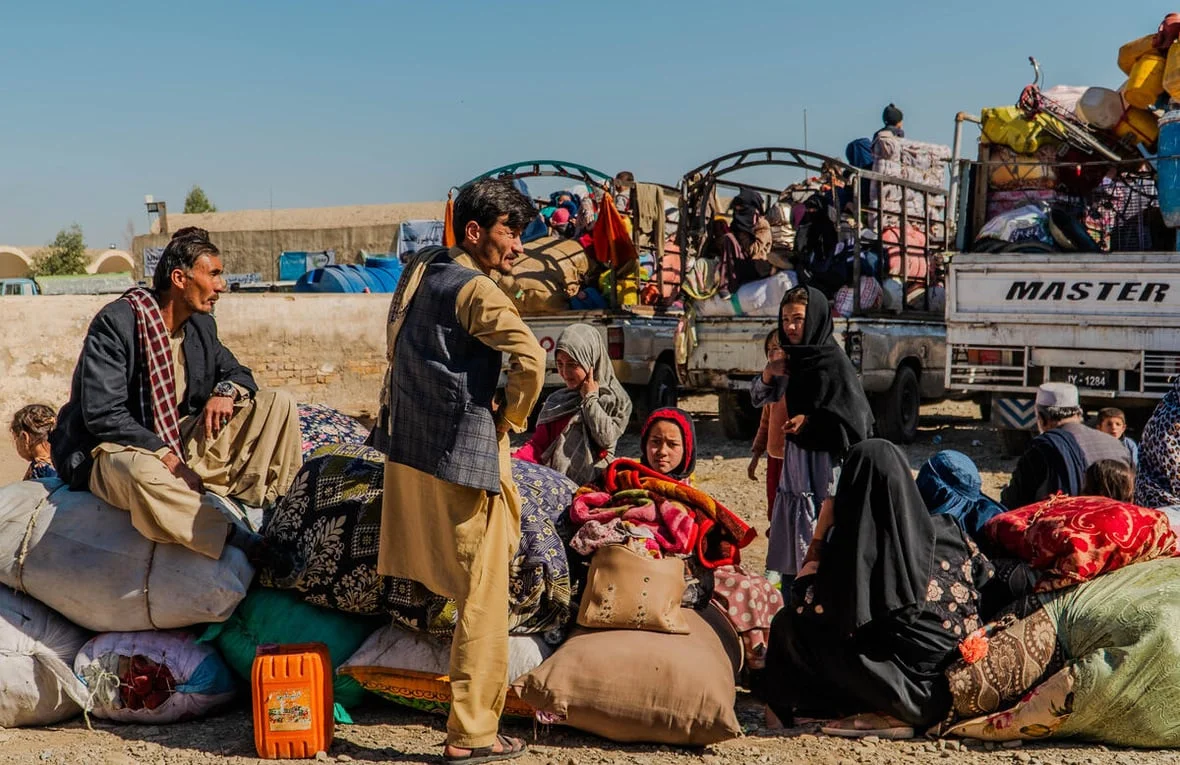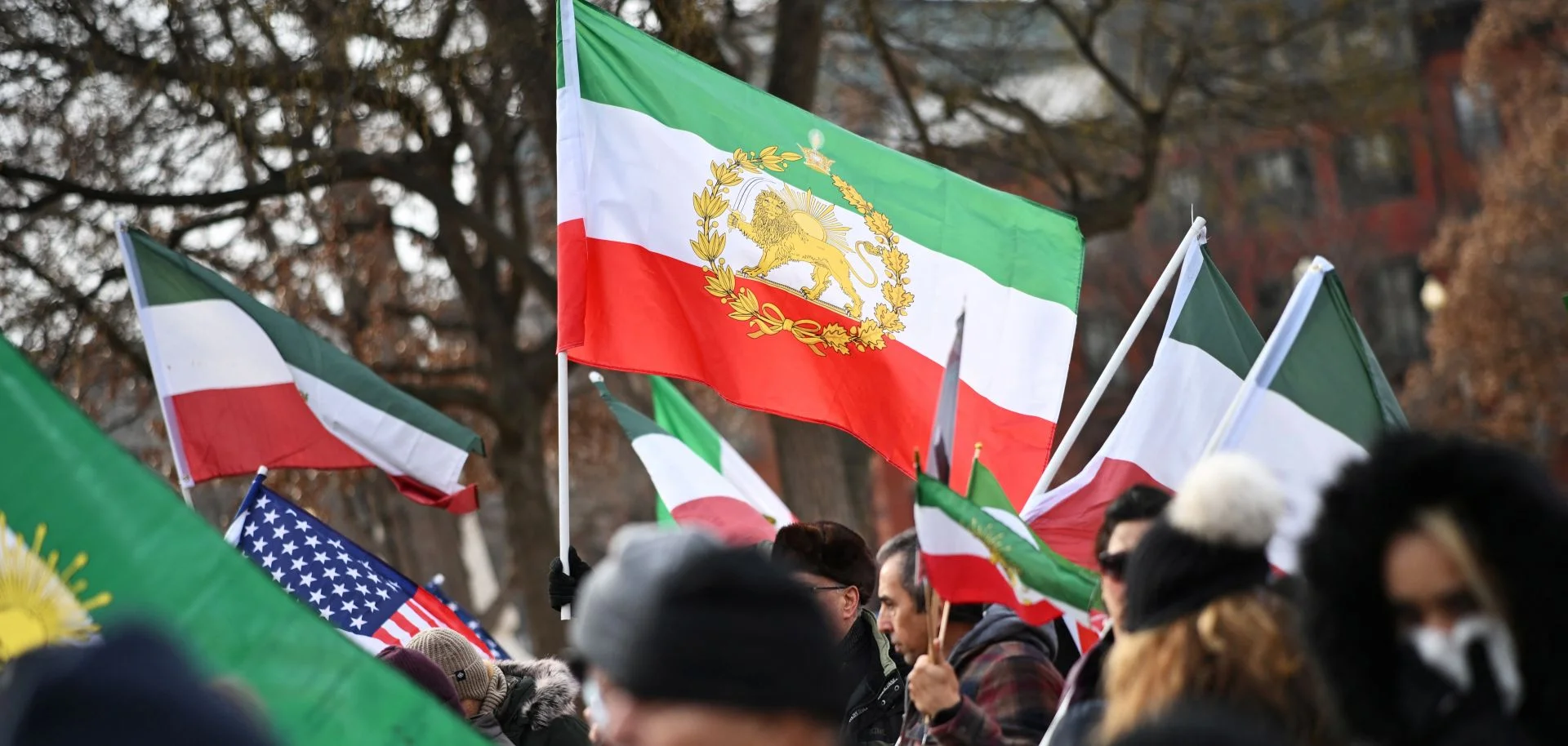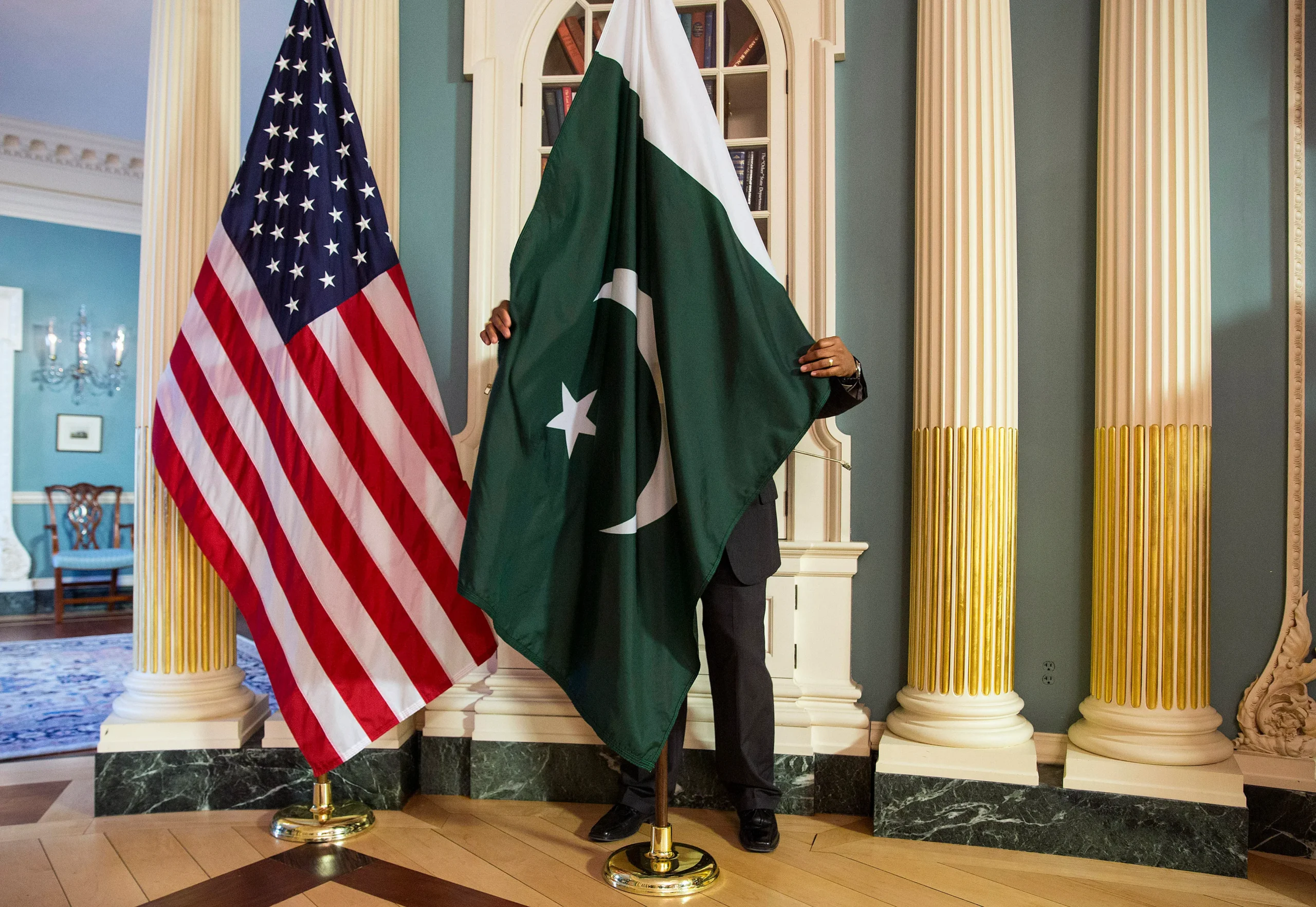The French president, Emmanuel Macron, has warned that Russian aggression “knows no borders”, will not stop at Ukraine and is a direct threat to France and Europe which must prepare in case the US steps away from its side.
“I want to believe the US will stay by our side,” Macron said in a televised address late on Wednesday. “But we have to be ready if that isn’t the case,” he said.
Macron sought to calm what his office called voter anxiety on the Ukraine crisis, European security and the threat of a transatlantic trade war after Trump paused US support to Ukraine and also threatened to slap tariffs on goods from the EU, following on from levies imposed on China, Mexico and Canada.
Macron said to the French public in a prime-time TV speech: “I’m speaking to you tonight because of the international situation and its consequences for Europe … I know you are legitimately worried faced with the historic events that are shaking the world order.
“The war in Ukraine, which has left almost one million dead and injured, continues with the same intensity. The US, our ally, has changed its position on this war, supporting Ukraine less and allowing doubt to linger on what will come next.”
He said the increasingly “brutal” world was entering “a new era” and “it would be madness to stay a spectator in this world of danger”.
Macron said France and Europe must keep helping Ukraine “to resist until Ukraine can negotiate a peace with Russia that is solid for themselves and for all of us”. He said no path to peace could happen through “abandoning Ukraine”.
In an implicit reference to Trump’s attempts to force Ukraine into peace talks with Russia, he added: “Peace cannot be concluded at any price.”
He said: “Who can believe today that Russia would stop at Ukraine?”
Macron said any European forces deployed would not fight today or at the frontline, but would be there to guarantee any peace in Ukraine once it had been signed.
He also said he would discuss with European partners extending French nuclear deterrence to other countries on the continent, but that the decision and control would always remain in the hands of the French president.
Macron said: “Europe’s future should not be decided in Washington or Moscow, and yes the threat from the east is returning. And the innocence of these 30 years since the fall of the Berlin Wall is over.”
He said France and Europe must also prepare for tariffs on European goods, calling that decision “incomprehensible, as much for the American economy as ours”. He said France and Europe would respond but he hoped to be able to dissuade Donald Trump.
Also See: US Splits with Europe at UN, Refuses to Blame Russia for Ukraine War
On Thursday, a Brussels defence summit will see the Ukrainian president, Volodymyr Zelenskyy, join the 27 EU leaders in person.
European leaders are stepping up diplomatic efforts after Trump ordered a pause on all critical US military aid for Ukraine against Russia, three years into the invasion, after an explosive public confrontation in the Oval Office last week with Zelenskyy.
After his speech on Wednesday, Macron welcomed the Hungarian prime minister, Viktor Orbán, for a working-dinner at the Élysée Palace amid intense preparations for Thursday’s EU summit on defence and support for Ukraine.
EU leaders are contemplating the stark prospect of the US withdrawing longer-term support from Kyiv and more broadly from its European allies. The summit will discuss a massive boost in European defence spending to make up for the expected dwindling of transatlantic support under Trump. Alongside the Ukraine crisis, EU leaders will discuss a proposal by the European Commission to borrow up to €150bn to lend to member states under a rearmament plan.
Consensus on all these issues is not straightforward. Orbán is an admirer not only of Trump but also Putin, and has repeatedly broken a united EU front on Ukraine. The Hungarian leader – one of Trump’s and Moscow’s closest allies in the EU – said earlier this week that a “transatlantic rift” over Russia’s invasion of Ukraine had become apparent over recent days.
He told a briefing: “There is a clear strategic difference, which the US presidential election has made unbridgeable … Some want war and some want peace. This is the challenge we will have to face on Thursday.” He said he would have to face that challenge as early as Wednesday, in an apparent reference to his planned dinner with Macron.
He accused European leaders, who met in London over the weekend to support Kyiv, of having decided “that the war in Ukraine must continue”.
An Élysée official said France was “inclusive” and “speaking to everyone” and viewed Thursday’s summit as “a new moment in the consolidation of European unity”.
The official said France would press “the necessity that Ukraine is fully associated with any discussion on its future. That is obvious, but it has to be remembered, respected and fully taken into account.”
Macron, whose popularity had dropped during a domestic political crisis prompted by him calling snap elections, appears to be experiencing a slight increase in support among voters, amid Ukraine diplomacy and the first steps of the Trump administration. One poll, after Macron’s recent visit to Washington, showed an improvement in his confidence ratings among French voters.
But the push to increase French defence spending is coinciding with government struggles to reduce the budget deficit.
This news is sourced from The Guardian and is intended for informational purposes only.

![Macron warns that Russian aggression "knows no borders," urges EU defense boost, and prepares for potential US policy shifts. [Image via Reuters]](https://southasiatimes.org/wp-content/uploads/2025/03/2776.webp)
